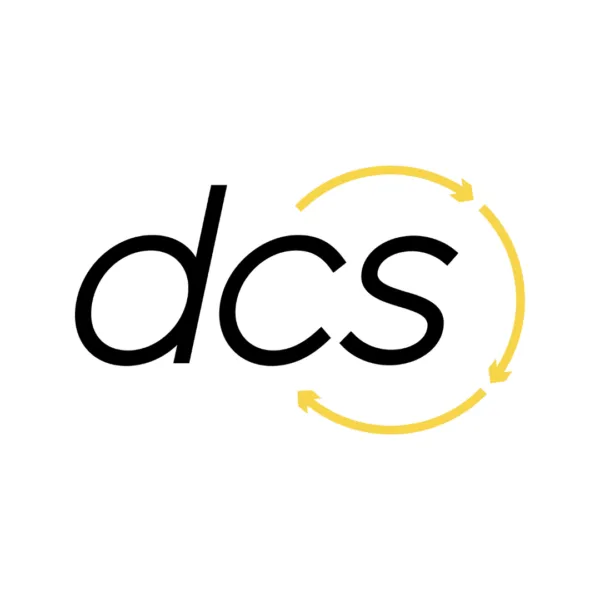Raise your hand if you’re either a leader of a small to medium sized company, or if you lead a team within a larger firm. Now, my guess is you have team members that span generations working together, and I bet you think about how you can keep your up-and-coming employees engaged.
These young professionals, some of the brightest folks we employ, have had thousands of articles and books written about them. Writers and pundits make it clear these young skilled workers demand progression and challenge…they want to matter (almost implying other generations have no desire to matter).
We’ve all heard the same antidotal phrases like, Millennials want challenge., They want engagement., They’re just different. As a border-line millennial myself, I agree…I want to be challenged, I want engagement, and I do see things differently. But, I firmly believe these qualities apply to others, too.
So, let’s take a shot at putting a bow on this, and get to work building a better business.
In Harvard Business Review’s 2016 article titled What Do Millennials Really Want At Work? The Same Thing the Rest of Us Do., …a growing body of evidence suggests that employees of all ages are much more alike than different in their attitudes and values at work. In this same article, HBR references over three studies by different organizations that all support how much more alike different generational workers are than different.
Why aren’t we hearing about how much more alike we are than how different? I believe it’s worth celebrating how similar workers of different generations are because these similarities highlight the truth; each and every one of your team members are human-beings that long to be known. She longs to matter and contribute and grow.
So, here are 3 practical things you can do to begin creating a place where opportunity and a growth-mindset take root for everyone in your organization.
First, eliminate talk that isolates purpose and engagement to a subgroup of your team. Have you ever noticed how young children hear something once (often the thing we didn’t want them to hear), and repeat it at exactly the wrong time? We never quite lose the uncanny ability to hear something and have it impact our future behavior. The more you characterize your younger workers differently than your seasoned folks, you unwillingly contribute to both group’s future behavior…it becomes self-fulfilling. Instead, speak to all of your teammates with the same optimistic tone about the future. Magic will happen!
Second, if you haven’t already, get your arms around why your business exists and evangelize this purpose across your organization. You’ll have fantastic conversations and begin solidifying bonds between your folks that bind them together in ways that nothing else will. Defining your purpose is hard! Here’s some encouragement: you don’t have to be an orator and come up with something that’s poster-worthy. Speak from your gut and shoot straight. Real speak trumps platitudes every time. People can tell the difference.
Lastly, begin writing down how your team members can progress through your organization. These are called career paths, and they matter to everyone. Career paths document how an individual can move up in an organization by demonstrating they meet the criteria of a more senior position. If your organization already has these, make it a point to discuss them with your teams so they don’t die a slow death in your organization’s network. If you’re starting from scratch, keep it simple! Clarity is more important than cleverness. And, make sure folks know paths grow and evolve over time as the company evolves.
If it hasn’t hit you yet how exciting it is to have a multi-generational team that all want opportunity and growth, it will! When you begin seeing enthusiasm and engagement across generations in a workplace, fantastic results for the firm and individuals will follow.









